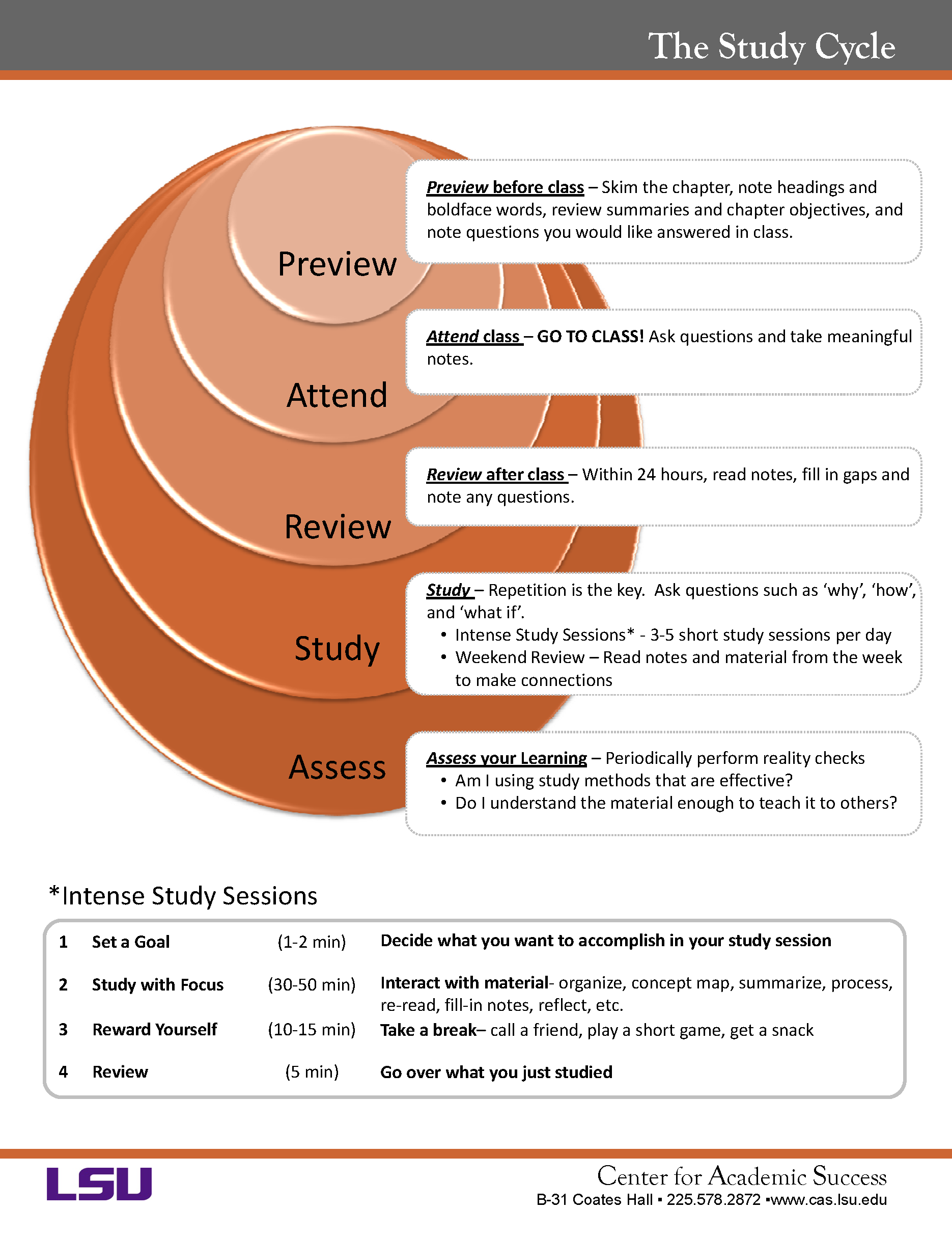Saundra McGuire urges faculty members not to judge students’ abilities too quickly or too harshly.
She speaks from experience. As a chemistry professor at Cornell and Louisiana State universities, she used to make snap judgments about her students, separating them into achievers and non-achievers.
Then she realized that those students who skipped class and didn’t study but then acted surprised at bad grades were “just being good scientists.”
Really. (More about that shortly.)

McGuire, director emerita of the Center for Academic Success at Louisiana State, led workshops for faculty and staff members at KU on Monday, sharing strategies for helping students learn through a technique called metacognition.
She described metacognition as thinking about one’s own learning. Students who employ metacognitive strategies recognize themselves as problem solvers. They are proactive rather than reactive.
“You take steps to answer your own questions,” McGuire said.
That doesn’t come naturally to students, though, McGuire said. In high school, many teachers offer reviews before tests and simply give students the answers. Students learn that they don’t have to put in much effort. As long as they show up for the review sessions, they can usually get a B.
So as good scientists, having learned that they don’t need to exert themselves to get good grades, they show up at college overconfident and underprepared. When they get bad grades, often for the first time, many begin a downward spiral. They withdraw psychologically from classes, doubting their abilities, developing a negative self-perception and showing little interest in trying.
Faculty and staff members need to pay attention to that, she said. Recognize that an early failure may be the result of poor learning strategies, she said, and help students learn the strategies they need to succeed. She offered these suggestions:
Explain to students what we want them to do
Too often, McGuire said, we tell students we want them to move to a higher level of thinking and learning but never explain what we mean. Take reading, for example.
“Students think reading means looking at words while doing something else,” she said.
If we want them to read critically, take notes and prepare to discuss the material, we need to tell them that explicitly, she said.
Make sure students understand terms
She gave an example of a student who struggled with the concept of volume in geometrical figures because to the student, volume meant making the music louder or softer. Another student couldn’t grasp the concept of gases and liquids, saying that by definition gas is a liquid because if it weren’t you couldn’t put it in the tank of your car.
Providing the proper context for students can make all the difference, she said.
Help students develop solid reading strategies
She recommends that students read a paragraph of an article or a book, think about what they remember and put that down in their own words. That may sound as if it will take more time, she said, but it actually takes less time because students don’t have to reread.
“After you do this for a few paragraphs, you start to train your brain to learn,” McGuire said.
Make sure students do the example problems
Students in math and sciences often skip example problems when they complete readings, she said. When they see similar problems on a test, they don’t know how to work through them. So instructors should remind students to work through those problems, looking at the answers only after they have done the work themselves.
Explain Bloom’s Taxonomy to students
It doesn’t matter whether you use the original taxonomy (knowledge, comprehension, application, analysis, synthesis, evaluation) or the updated one (remember, understand, apply, analyze, evaluate, create), she said. The important thing is to help students recognize the different levels of learning and understanding.
Students understand the difference between studying and learning, she said. They’ll tell you that studying is memorizing and that learning is understanding. Studying is dull and tedious; learning is fun. Studying is short term; learning is long term.
Students get it, she said, but we need to have conversations about learning to help them learn.
We just have to remember not to judge them by a single bad grade.
Doug Ward is an associate professor of journalism and a fellow at the Center for Teaching Excellence. You can follow him on Twitter @kuediting.